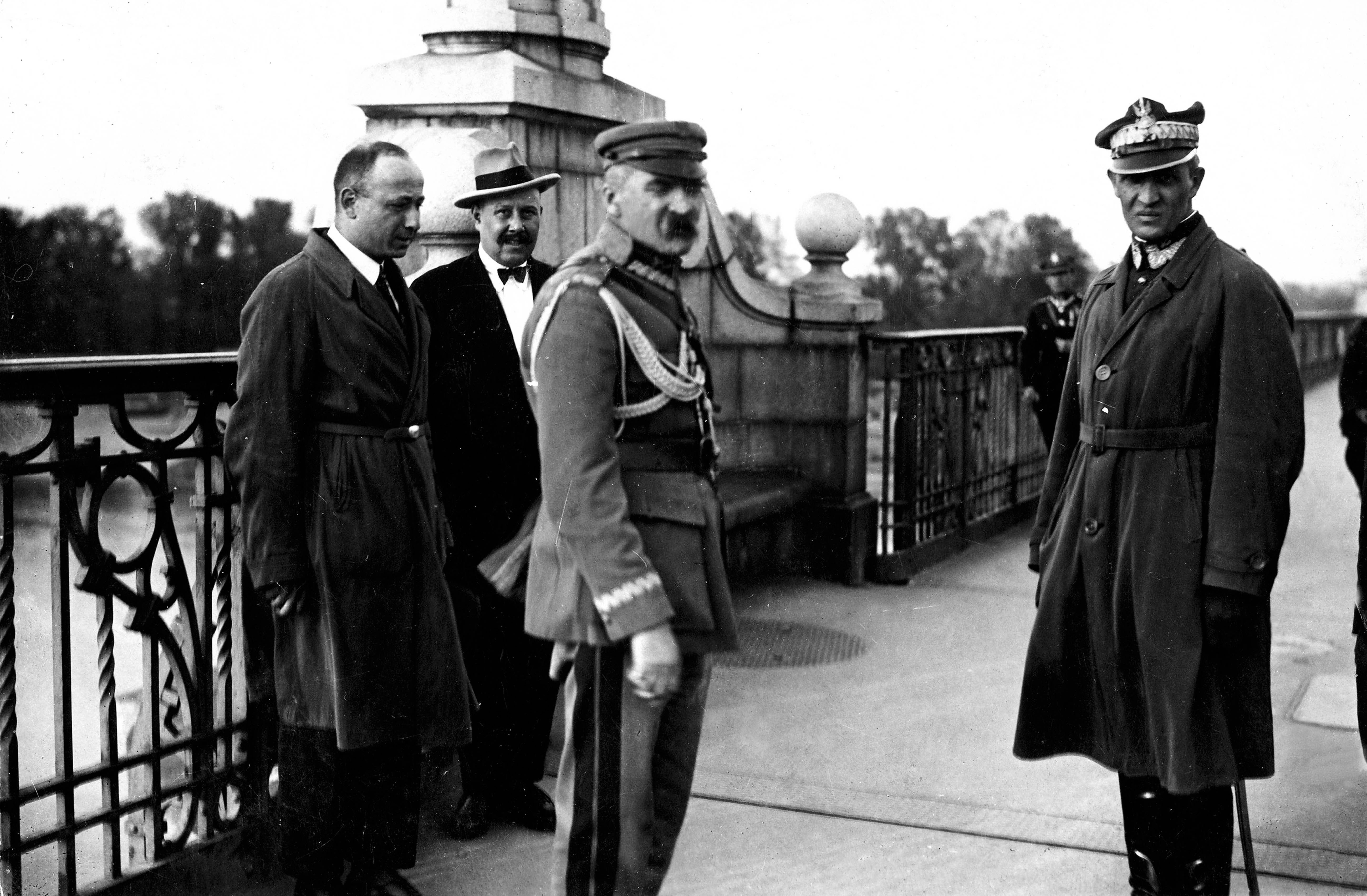The “Hierarchy of Institutions” reconsidered: Monetary policy and its effect on the rule of law in interwar Poland
The economic wisdom of the past three decades has downplayed the role of economic institutions in economic outcomes, focusing instead on the role that political institutions play in determining broader economic outcomes. This approach, termed a “hierarchy of institutions ”by Acemoglu et al. (2005) and further advanced in Acemoglu and Johnson (2005) , argues that the distribution of political power affects the creation of property rights and rule of law, which, in turn, have been shown to mediate economic results (a finding echoed by Flachaire et al., 2014 ). Acemoglu et al. (2005) further formalize this hierarchy into a model of institutional influence, arguing that the distribution of resources and the distribution of power (likely, but not necessarily, linked) have the predominant effect on a country’s growth path precisely through their effect on economic institutions such as property rights (...).
The purpose of this paper is thus to revisit the “hierarchy of institutions ”debate, tracing the effect of monetary policy in Poland in the interwar period. Assembling a new dataset of historical data on a monthly basis, tracing the development of macroeconomic and institutional aggregates in Poland and the rest of Central Europe, and using a new measure of rule of law, this paper attempts to formally model the relationship between monetary policy and rule of law econometrically. Extending the literature on institutional endogeneity, the key result of the paper is that there is a consistent, small, but highly significant effect of monetary policy on the rule of law in the Second Republic. This result is robust to various specifications, endogeneity, and different proxies of profligate monetary policy, and holds even after accounting for a large number of covariates, which could plausibly be related to the development of a rules-based political system. While political attributes are still important for the development of Poland’s political institutions, across the board, economic conditions and institutions appear to have had a much larger effect.

Marshall Josef Piłsudski on the Poniatowski Bridge, Warsaw, 12 May 1926, during the May Coup d' etat. Also present (right) is At right is General Gustaw Orlicz-Dreszer/FORUM
